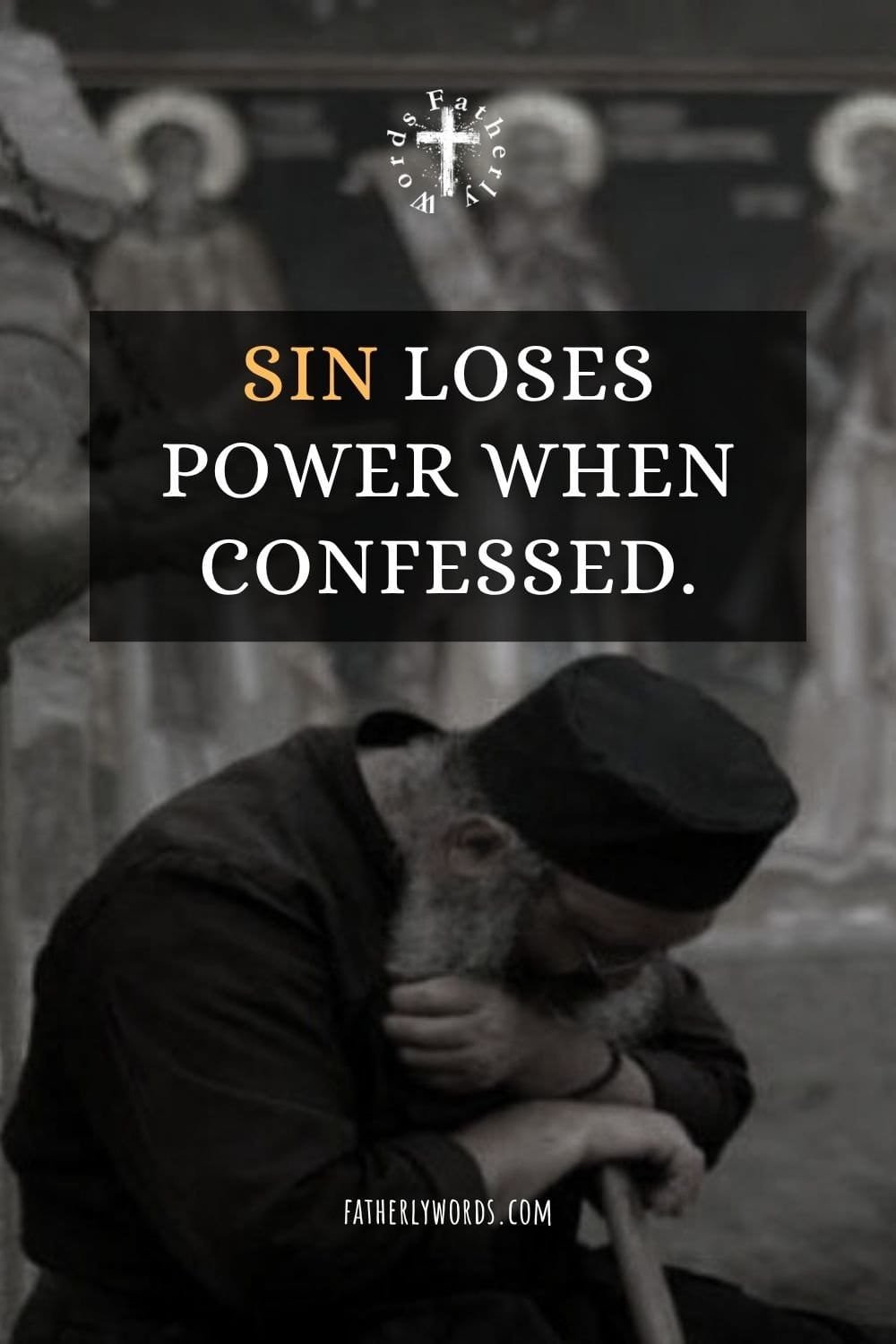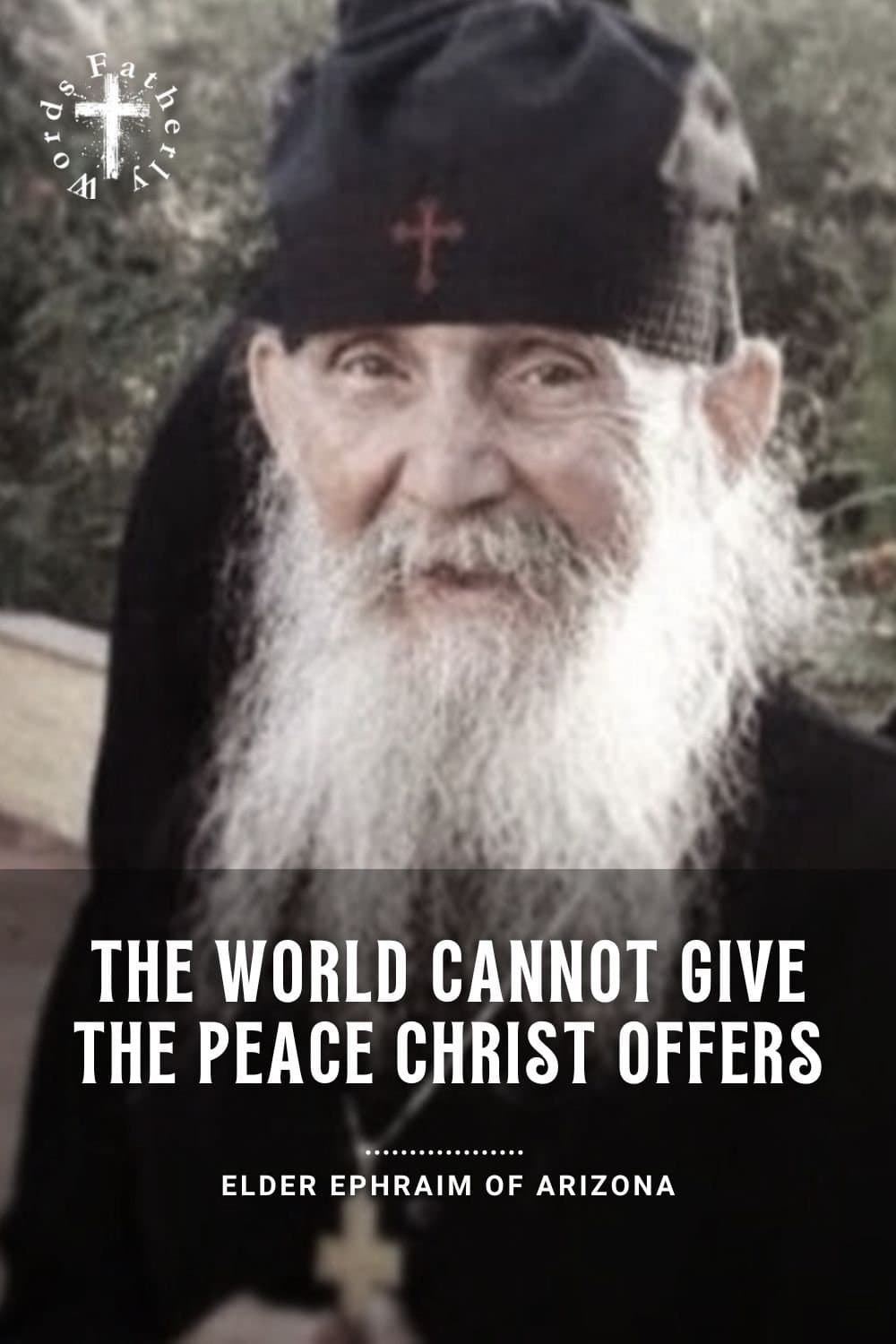In Orthodox Christianity, few lives reveal the power of repentance as deeply as that of Saint Mary of Egypt. Her story is not merely an example of moral change; it is the revelation of how divine grace can transform the darkest soul into a vessel of light.
She lived in the wilderness for forty-seven years, battling the passions that once ruled her life, and became a radiant image of the restored human being in Christ.
Her life teaches that no sin is too great, no soul too lost, when repentance is sincere and grace is accepted.
Through her struggle, Orthodox Christianity shows the path from the slavery of passion to the freedom of purity.
From Sin to the Door of Repentance
Saint Mary was born in Egypt in the 4th century (c. 344 AD).
At twelve years old, she left her parents and lived in the city of Alexandria, surrendering herself completely to sinful pleasures.
She did not sell herself for money but sought only to satisfy her passions, dragging others into sin with her charm.
For seventeen years she lived in this state of spiritual death.
One day, she joined a group of pilgrims traveling by ship to Jerusalem for the feast of the Exaltation of the Precious Cross. She did not go out of faith, but curiosity. Even on the journey, she continued to live in sin. But God, in His mercy, had prepared her salvation.
When she tried to enter the Church of the Holy Sepulchre, an invisible force pushed her back. She tried again and again, but she could not step through the door.
In that moment, her eyes opened. She realized that her sins had cut her off from the holiness of God.
Looking up, she saw an icon of the Most Holy Theotokos. With tears, she prayed:
“O Lady, Mother of God, I have defiled my soul. But since you gave birth to the Redeemer of the world, do not reject my repentance.”
Then a voice spoke within her heart: “Go beyond the Jordan, and there you will find peace.”
She entered the Church, venerated the Cross, and then departed into the desert. That moment was the beginning of her new life.
Psalm 31 (LXX) says:
“I said, I will confess my transgressions unto the Lord, and Thou forgavest the iniquity of my sin.”
Psalm 31:5, LXX
This confession opened the door of Paradise for her.
The Desert: A Battlefield of the Soul
When Saint Mary crossed the Jordan, she took with her only three loaves of bread and her faith.
For the first seventeen years, she was tormented by memories, temptations, and hunger. The sins of her youth attacked her mind like burning arrows. She longed for the songs, the pleasures, the food, and the faces of her past life.
But each time temptation came, she fell to the ground and cried out: “Holy Theotokos, help me.”
Through this unceasing prayer, she slowly overcame the tyranny of her passions. Her body became thin and burnt by the sun, but her soul became radiant.
Saint Mary’s struggle reveals the spiritual truth that the greatest battle in the Christian life takes place not in the body but in the imagination.
Saint Isaac the Syrian wrote:
“The warfare against impurity is the hardest of all, for it battles not only the body but the memory and imagination.”
Mary learned to purify even her thoughts. She discovered that to become truly free, one must fight not only deeds of sin but the inner movements that give them birth.

The Victory of Grace Over the Passions
After many years of struggle, peace entered her heart. The fire of carnal desire was extinguished by the fire of divine love. Her soul became calm, filled with light and joy. She no longer needed bread, clothing, or shelter; she lived by prayer alone.
Saint Mary of Egypt became an image of the restored human being, of what Adam and Eve were meant to be before the Fall.
Saint John Climacus says:
“He who has conquered his passions has become higher than nature and has already partaken of the heavenly state while still on earth.”
This victory was not her own achievement but the work of divine grace. The same Christ who forgave the thief on the Cross raised Mary from the pit of passion to the height of holiness. Her body, once an instrument of sin, became a temple of the Holy Spirit.
Her Encounter with Saint Zosimas
After forty-seven years of intense penance in the desert, a monk named Zosimas, guided by God, found her. He was astonished to see a figure whose emaciated body, covered only by her long hair and darkened skin, gave the appearance of being clothed in light as she was praying.
When he approached, she fled, but called out to him by name, though they had never met, and revealed she was a woman and was naked.
She implored him to throw her his mantle so she could cover herself, and Zosimas immediately obeyed, turning away while she clothed herself before their holy conversation began.
Saint Mary asked Zosimas to bring her Holy Communion the following year. When he returned, she received the Holy Mysteries with tears and said: “Now You let Your servant depart in peace, O Lord.”
The next year, Zosimas found her body lying on the ground, with the date of her death written in the sand. A lion appeared and helped him bury her. This miraculous event showed that even the beasts of the earth were at peace with the sanctified soul.
Her life fulfilled the words of the Psalm:
“Thou hast set my feet upon a rock, and established my goings.”
Psalm 39:2, LXX
The grace of repentance had restored her completely.
The Power of Repentance in Orthodox Christianity
Saint Mary’s life is a living sermon about the power of repentance. She began as one enslaved to sin and ended as a saint whose prayers reach heaven.
Her story proves that holiness is not born of perfection but of repentance.
In Orthodox Christianity, repentance is not a moment but a path, a continual turning toward God. Saint Mary’s entire life became one long prayer of return.
Saint John of Kronstadt said:
“There is no sin that cannot be washed away by tears of repentance, for the mercy of God is infinite.”
This mercy shines through her story. Her transformation was not achieved through isolation alone but through grace received in humility.

The Struggle Against the Imagination
The Fathers teach that the imagination is one of the most subtle battlefields of the soul.
Sin often begins not with the body but with the thought and image formed within the mind.
Saint Mary faced this warfare more fiercely than most.
She said that even decades after leaving the world, she still remembered the songs, the faces, and the desires of her old life. These memories were like phantoms that tormented her.
But each time she resisted with prayer, the images lost their power.
Saint Hesychios the Priest teaches:
“The remembrance of sin is destroyed by humility and unceasing prayer.”
Mary’s victory over her imagination is a victory that every Orthodox Christian must seek. The mind must be purified through repentance until it becomes still, a mirror that reflects only the light of Christ.
Purity as Freedom
Saint Mary of Egypt’s holiness was not merely moral purity but spiritual freedom. She was no longer bound by passions or fears. She had returned to the original beauty of the human soul.
The Lord said:
“Blessed are the pure in heart, for they shall see God.”
Matthew 5:8
Through repentance, she attained that purity of heart. She saw God not with her eyes but with her soul.
Her story reveals that chastity is not the absence of sin but the presence of divine love. It is not repression but transformation.
Saint Ephraim the Syrian said: “Purity makes man a companion of angels.”
Mary, once enslaved by lust, became an angel in the desert. Her victory shows that holiness is not limited to monks or ascetics but is offered to all who sincerely repent.
The Light of Humility
All true transformation begins with humility. Saint Mary did not boast of her struggles.
When Saint Zosimas met her, she called herself “a sinful woman.” Her humility was so great that even her holiness was hidden under simplicity.
Saint Isaac the Syrian wrote:
“Where humility blossoms, there the grace of God overflows.”
Her humility was her crown. It opened the heavens more than all her fasting and tears.
The Orthodox Church honors her not because she fled to the desert but because she humbled herself completely before God.
Psalm 50 (LXX) declares:
“A heart that is broken and humbled, God will not despise.”
Psalm 50:17, LXX
Through such humility, Saint Mary found the peace that surpasses all understanding.
Modern Views Versus Orthodox Christianity
- The modern world views desire as freedom; Orthodox Christianity sees victory over passion as true freedom.
- The world treats the body as an object of pleasure; Orthodox Christianity honors it as a temple of the Holy Spirit.
- The world glorifies self-expression; Orthodox Christianity glorifies self-control.
- The world calls sin natural; Orthodox Christianity calls holiness natural.

- The world believes change is psychological; Orthodox Christianity teaches transformation through grace.
- The world says imagination should be indulged; Orthodox Christianity teaches the purification of the mind.
- The world rejects asceticism; Orthodox Christianity embraces it as medicine.
- The world believes happiness comes from satisfying desires; Orthodox Christianity finds joy in overcoming them.
- The world forgets eternity; Orthodox Christianity lives for eternal union with God.
- The world sees repentance as weakness; Orthodox Christianity sees it as power.
The Timeless Message of Saint Mary of Egypt
Saint Mary’s life continues to speak to every generation. Her example shows that holiness is not inherited or achieved through comfort but born through repentance.
She proves that God does not reject sinners but transforms them when they humble themselves.
Every Orthodox Christian can find hope in her story. No matter how far one has fallen, the door of repentance remains open. Christ waits not to punish but to heal. The blood that redeemed Mary also redeems us.
Psalm 102 (LXX) reminds us:
“As far as the east is from the west, so far hath He removed our transgressions from us.”
Psalm 102:12, LXX
Through repentance, that divine mercy becomes personal.
The Feast Day of Saint Mary of Egypt and Her Hymns
The Orthodox Church commemorates Saint Mary of Egypt on April 1st, and again on the Fifth Sunday of Great Lent.
Her memory shines near the end of the Lenten fast as a call to deep repentance and inner renewal before Pascha. Through her, the Church reminds the faithful that no sin is beyond God’s mercy and that repentance can make the soul radiant again.
Her feast is filled with hymns that celebrate the victory of grace over sin. The Apolytikion proclaims:
“In you the image was preserved with exactness, O Mother; for taking up your cross, you did follow Christ, and by your deeds you did teach us to overlook the flesh, for it passes away, but to attend to the soul since it is immortal. Wherefore, O righteous Mary, your spirit rejoices with the Angels.”
This hymn expresses the heart of Orthodox Christianity. Saint Mary followed Christ by crucifying her passions and showing that the soul’s purity is greater than any earthly beauty.
Her spirit now rejoices with the angels, reminding every Christian that repentance opens the way to holiness and joy eternal.
How Parents Can Explain Saint Mary’s Story to Children
Parents can tell the story of Saint Mary of Egypt simply, saying:
“Mary was once far from God. She made many mistakes and was very sad. But when she asked Jesus and His Mother to help her, they forgave her. She went into the desert, prayed, and became very close to God. Jesus made her heart new again.”
Children can learn that no matter what we do wrong, God always waits for us to return.
Parents can say:
“When we do something bad, our heart becomes heavy. But when we say we are sorry and ask Jesus to help us, He makes our heart light again, just like Saint Mary.”
This simple message helps children understand repentance as love returning to its source.
Dive Deeper: